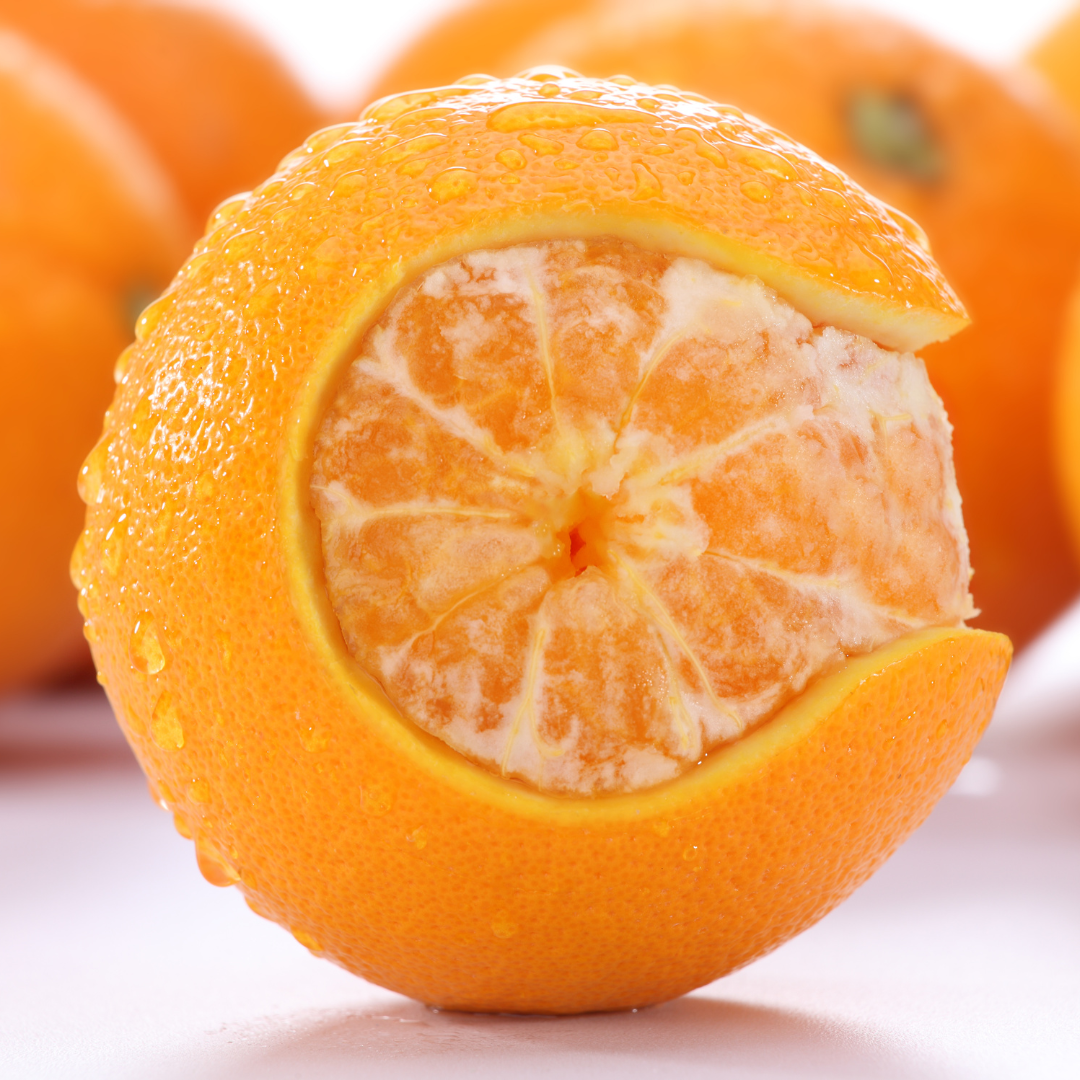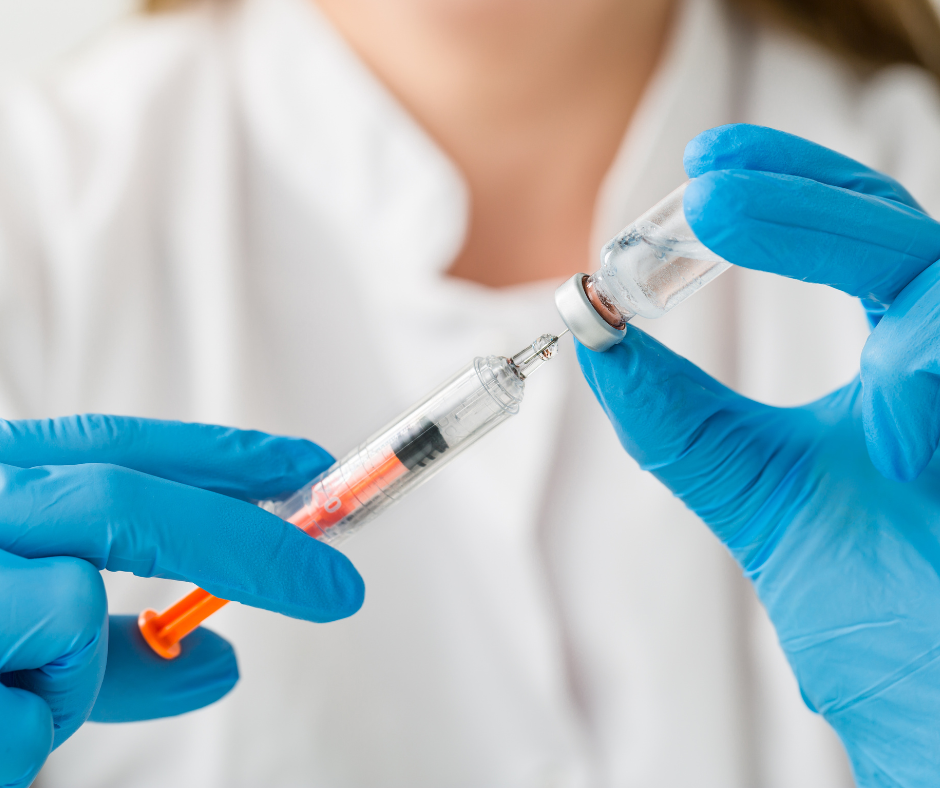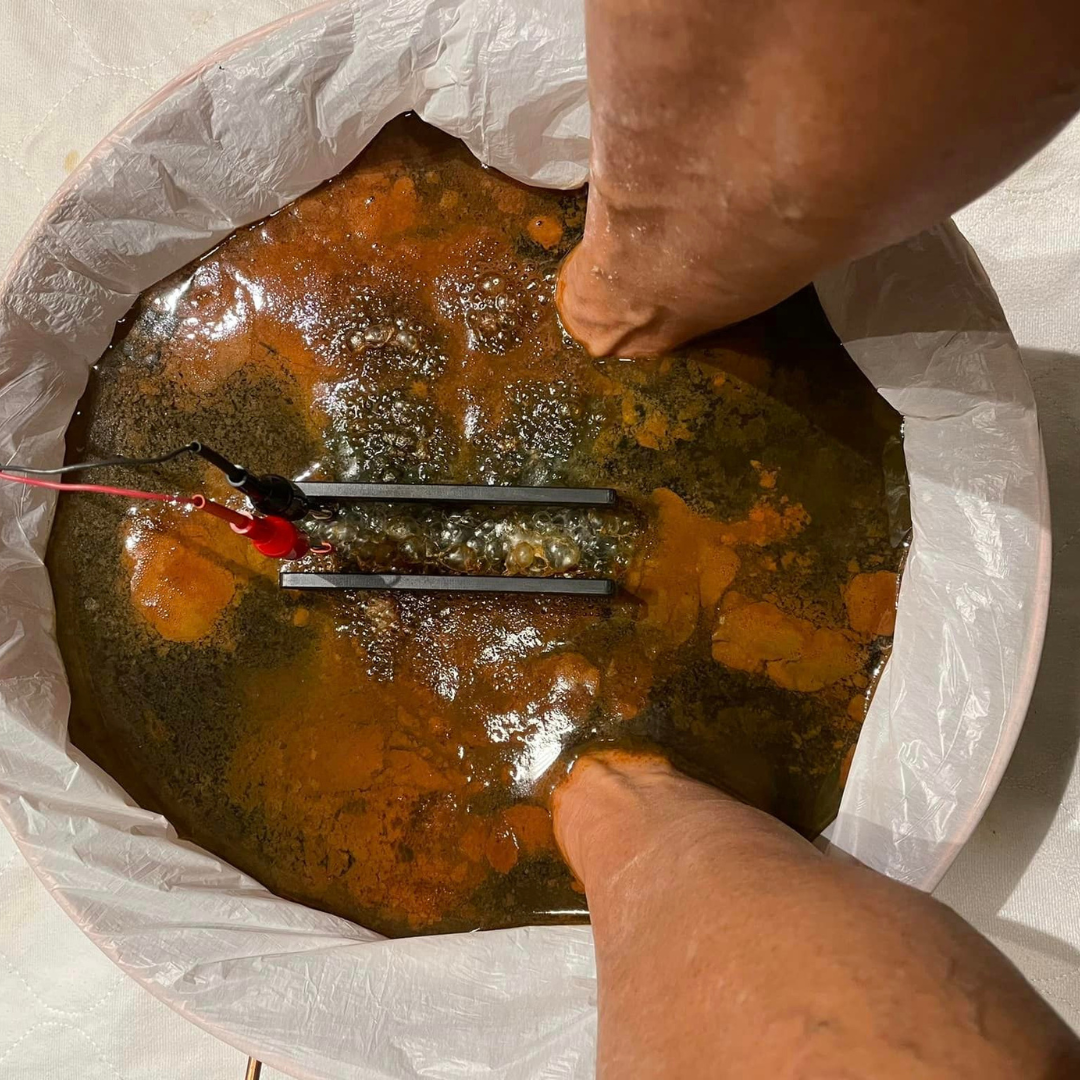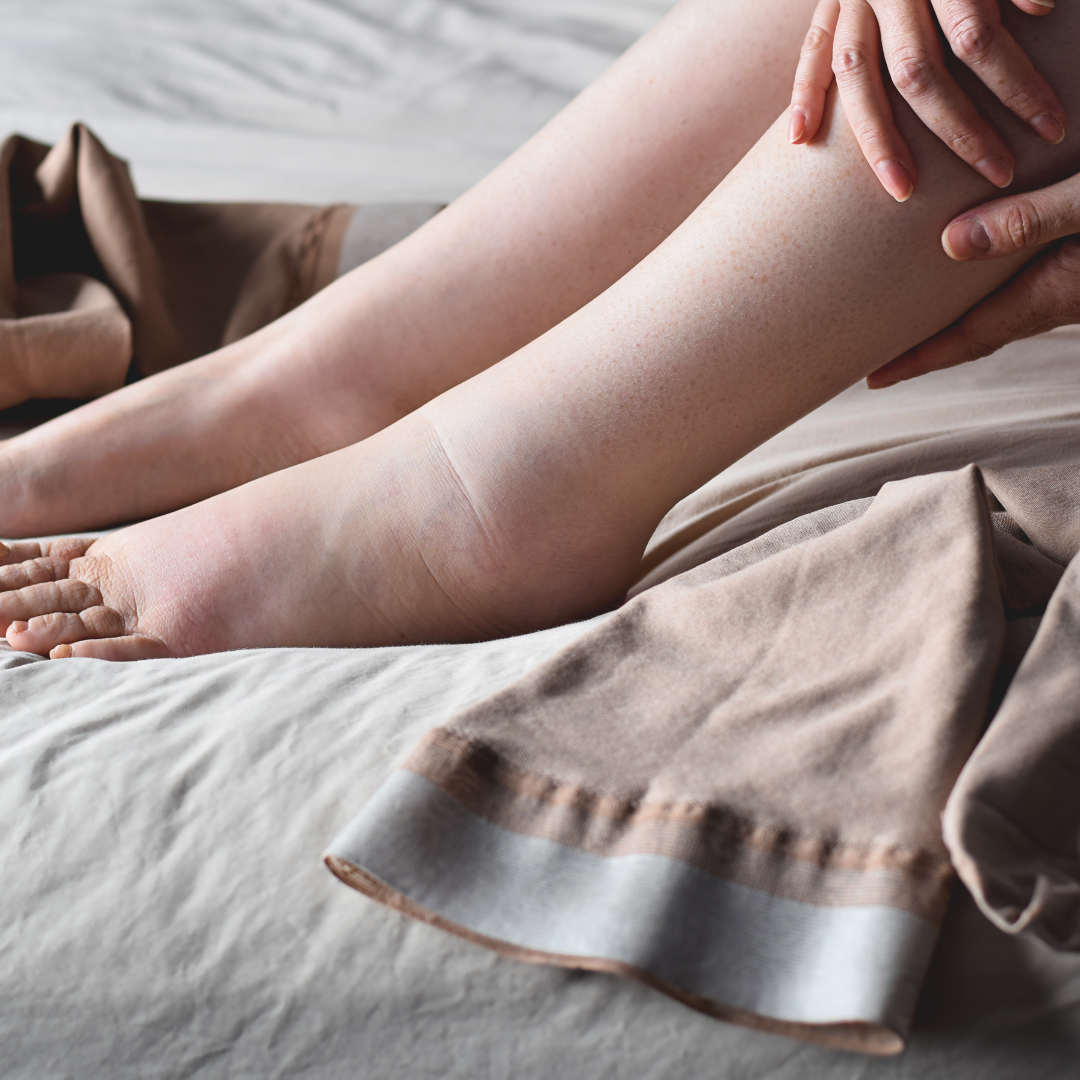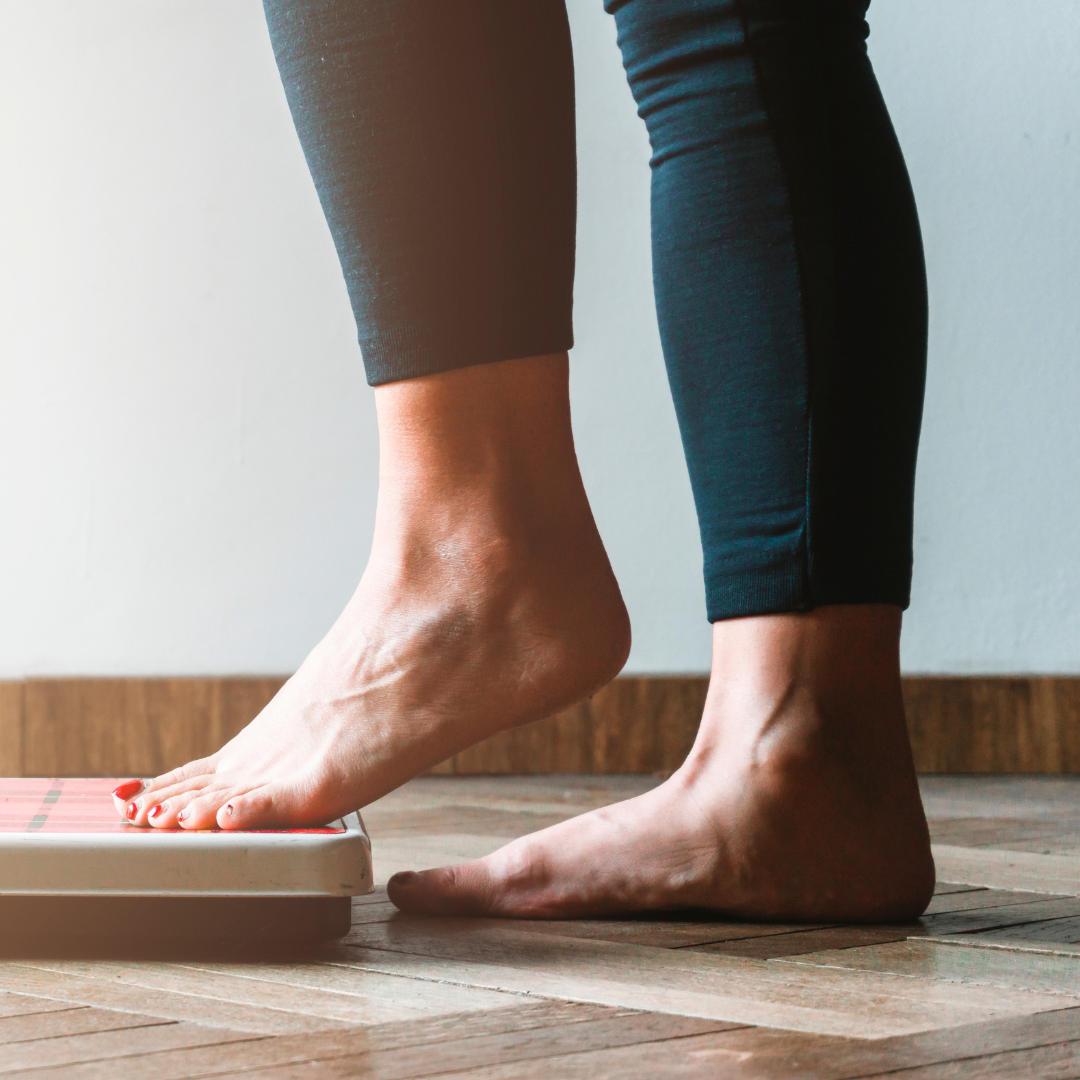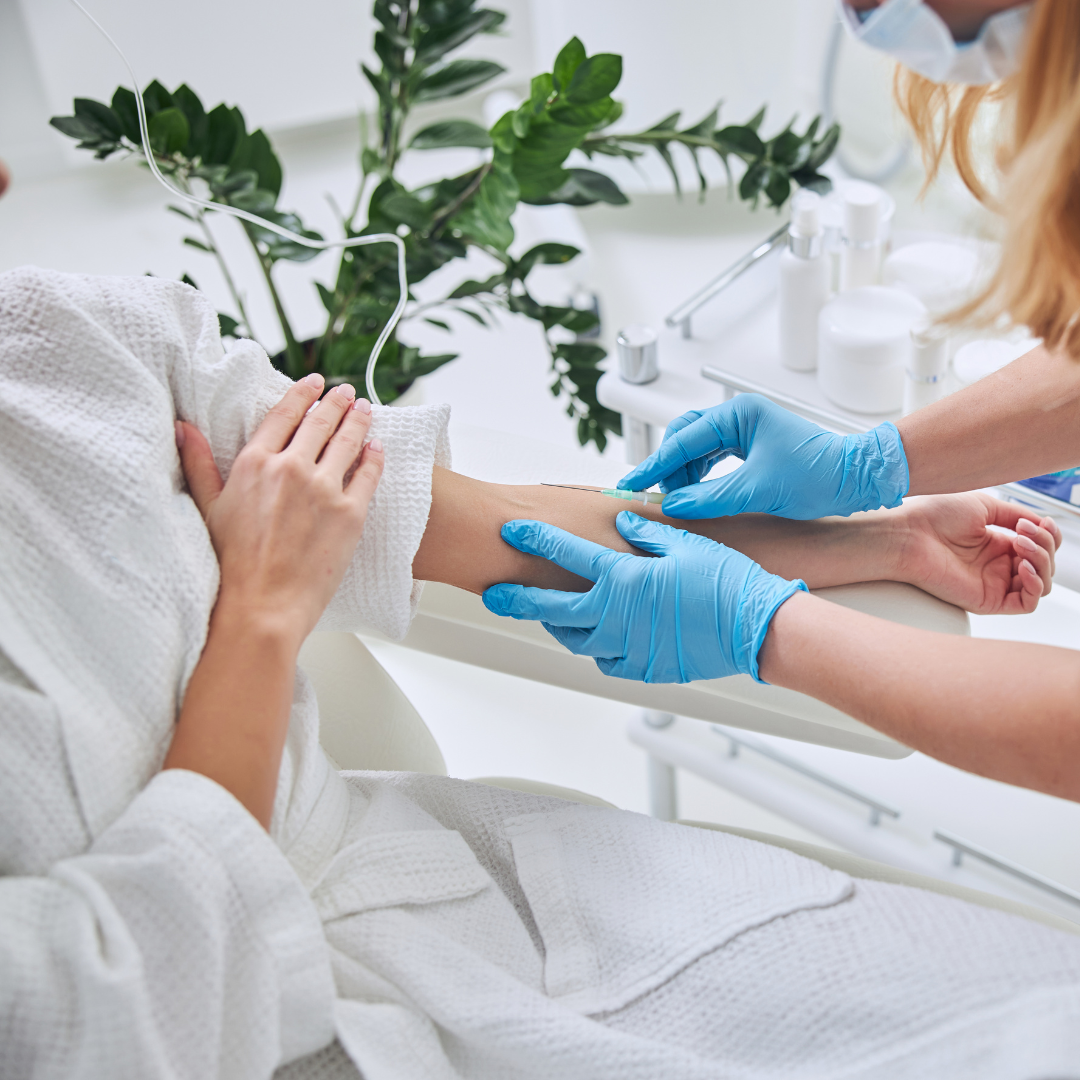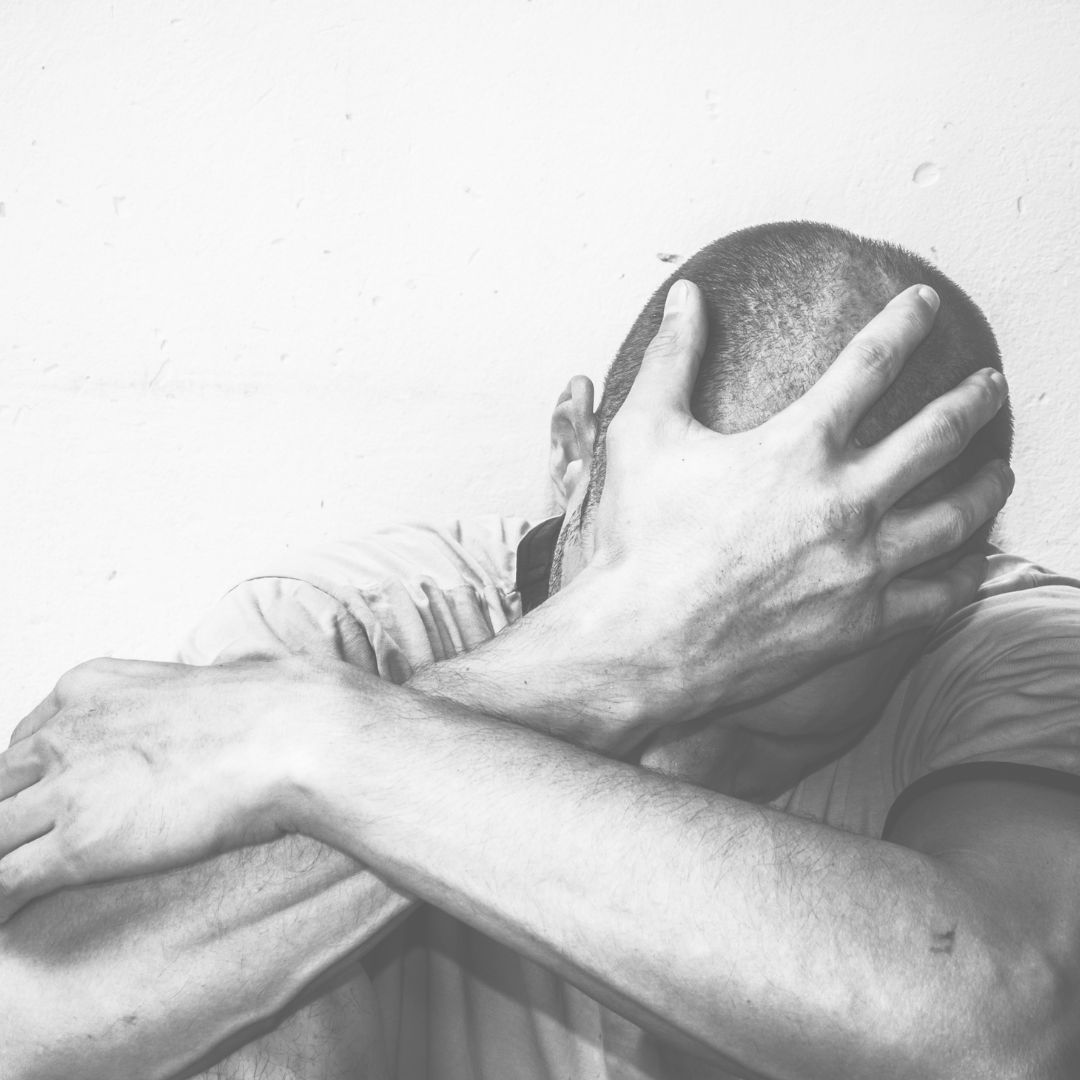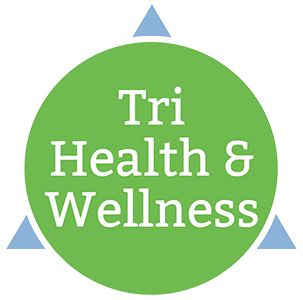8 Major Health Benefits of Dry January
Are you participating in Dry January?
I have decided to take the plunge! No alcohol for 31 days.
At first, I thought, "No big deal," and then one of my children had a sports tournament out of town. One of the best parts of going away with the team is socializing with the other parents, which usually includes alcohol. Ugh!
The good news? There are so many benefits to not drinking that it was easy to keep those things in mind when I said no.
Want to know how cutting out booze can positively impact your health? Let's take a look.⬇️
8 Major Health Benefits of Restricting Alcohol:
1. You'll get a mood boost.
When you sip a glass of wine or down a tasty cocktail, it might perk you up and make the day's worries slip out of sight. However, if drinking alcohol becomes your main coping strategy, it may be hiding underlying depression or anxiety, says Ashley Jones, a certified family nurse practitioner at The Ohio State University Wexner Medical Center. "Alcohol tends to make these symptoms worse, so you may find that your mood is actually more stable when not consuming alcohol," she says. While it won't cure an illness like depression to participate in Dry January, stepping back from your nightly vino could help you consider what your motivation is for drinking. Sometimes, people use alcohol to self-medicate when they're experiencing a mental health issue. When you take a break from drinking you'll be more entuned to recognize if you could benefit from a talk with your doctor, undergoing therapy, or take advantage of other natural and science-backed mood lifters, such as exercise or spending time in nature.
2. You'll sleep more soundly.
You may notice that after an evening of wine or cocktails with your friends, you fall asleep in a flash—only to wake up just a few hours later. Research suggests that may happen because alcohol interferes with our body's handling of adenosine, a chemical in our body that makes blood vessels relax and dilate. Even if alcohol doesn't cause these middle-of-the-night awakenings for you, you may still wake up feeling groggy in the morning. That's because drinking moderate or high amounts of alcohol decreases "restorative" REM sleep, according to a review in the journal Alcoholism Clinical & Experimental Research. A new small study in the same journal found that drinking alcohol caused negative effects, such as a decrease in sleep time and sleep efficiency. Giving up drinking for a month may improve your sleep and give you more energy for other activities.
3. You might feel less bloated or even drop a few pounds.
Depending on how much you were drinking before, as well as your starting weight, it's possible you could shed a few pounds over the course of the month. Alcoholic beverages add liquid calories, which research shows don't fill you up the same way food calories do. People often eat more junky food when they've been drinking, and your eating habits could automatically change somewhat when you cut out alcohol. In addition, alcohol can affect your GI tract and contribute to all kinds of problems secondary to the chronic inflammation it creates. Taking a break can give your body a rest—and maybe make you look at your habits differently.
4. You'll save money.
If you've been regularly shelling out on average $7-15 for a fancy cocktail, a glass of wine, or a craft beer, that adds up quickly. Even a regular habit of a few beers or glasses of wine adds up over the week and a month. If you would rather not share your dry journey or it makes you feel less awkward, get a seltzer or coke with lime, and most will assume it is a mixed drink.
5. Your skin might look brighter.
Alcohol is a known diuretic, which means it causes you to pee more than if you drink water. As a result, it's easy to get dehydrated, leading to dry, lusterless skin. In addition, research in the Journal of Clinical and Aesthetic Dermatology has shown that the toxins in alcohol can speed up your skin's aging process.
6. You'll have a stronger immune system.
Research has shown that consuming alcohol daily or binge drinking (more than four drinks on a single occasion for women) may suppress your body's immune response. This may be due to the poor choices associated with drinking, such as not eating or sleeping as well.
7. You'll feel better in the morning.
Even if you don't wake up with a full-blown hangover after drinking, you likely aren't waking up at your best. First of all, there's that "hang-xiety" effect, the stress associated with the morning after drinking. Plus, all of that poor sleep and dehydration can put a damper on how energetic you'll feel. When you're thinking about having an alcoholic beverage, Levy says it's a good idea to take a step back and think about the next morning and reflect on how you feel when you drink and when you don't.
8. You'll have a new relationship with alcohol.
A pause on alcohol may help you realize that you don't have to drink every day or even drink at all. "You may learn that you don't need it in your life," says Levy. If you do choose to drink again come February, the month off will lower your tolerance, so you'll be able to get a buzz on with fewer drinks, so keep this in mind.
There is still time to join me if you are interested in Dry January!
If you or someone you know is struggling with alcohol, please reach out for a confidential conversation at (585) 210-8440.
